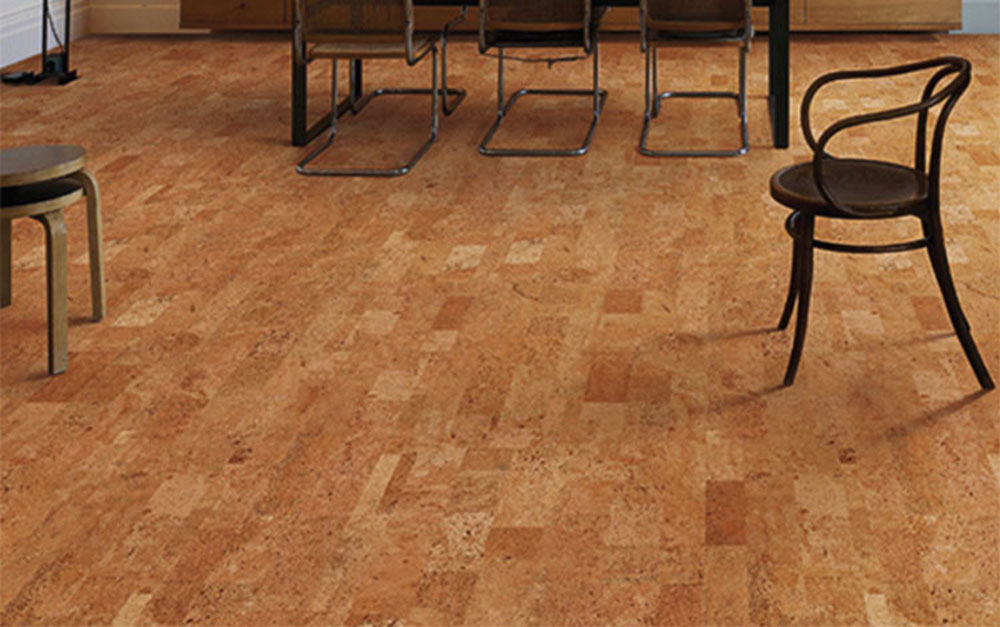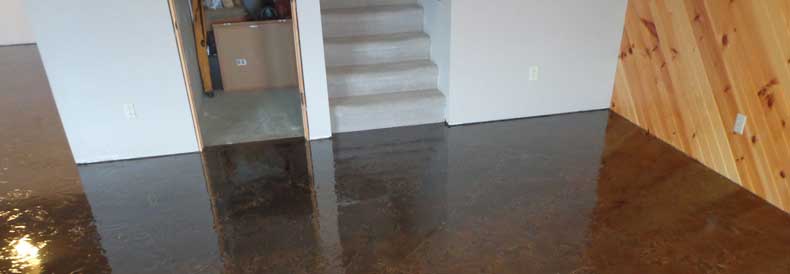Epoxy Basement Floor Pros And Cons

What Are The Pros And Cons Of Resin Flooring?
Resin flooring involves pouring an epoxy resin onto a concrete surface, which then hardens and forms a solid layer. Resin flooring can work in a domestic or commercial setting, and we'll install them for you by pouring epoxy-based resins onto a concrete floor below. GET A QUOTEGenerally, there are plenty of pros when it comes to resin flooring. As experts in installing epoxy resin floors in many settings, we are well placed to provide a breakdown of the pros and cons of resin floors. If a floor is walkable, resin is a good option because it won't wear out over time, even with constant use. Epoxy resin flooring is an exceptionally durable type of flooring, which can exceed 10 years even with constant use. Because they last so long, resin flooring is a good investment, which is why it's so popular for commercial and industrial spaces. Over 40 years of experience
100% Accredited
Competitive rates
Lifetime results
Constructionline Gold Member TALK TO US
Disadvantages of Resin Flooring
The disadvantages of epoxy coatings are:
Slippery when wet Without the installation of an additional non-slip layer, a resin floor is slippery when wet. Ultraviolet Sensitivity A resin floor can react to ultraviolet light from the sun, which will affect the appearance of the surface. Resin floors are an excellent type of flooring
Overall, resin floors offer many benefits that make them a smart option for many environments. To start a resin flooring project, with a high level of quality, please contact us today.
Pros And Cons Of Epoxy Garage Floors
Here are the pros and cons of epoxy garage floors, including what it is, pros and cons, cost, slip resistance, and whether an epoxy floor is worth it. When it comes to garage flooring systems, epoxy floors stand out. Epoxy self-levelersIf you're thinking of a DIY epoxy garage floor, this type of epoxy floor is for you. Economical: Compared to other types of flooring, epoxy offers a low cost per square. Protective Barrier: Epoxy garage floors protect concrete from grease, stains, cracks and moisture. Epoxy Garage Flooring Disadvantages
Like other flooring systems, epoxy flooring also has its drawbacks. epoxy garage floor cost
Along with the pros and cons of epoxy garage floors, consider how much it costs. If you want to go the DIY route, it will cost you around $120 to $360, depending on the following factors:
• How big is your garage?
• How much does your epoxy flooring kit cost
• What type of epoxy did you purchase?
• The number of coats needed
When deciding to DIY your garage, you need to consider how much time you will spend on the application process. Some factors to consider are:
• The level of pedestrian traffic
• Drop impact
• Coating levels
• Wear of vehicles in the garage
Also, the method of application affects epoxy flooring. So yes, it is worth putting an epoxy floor in your garage.
Pros & Cons Of Flooring Types (Tile, Cork, Concrete, Epoxy, Vinyl, Rubber, Carpet, Hardwood)
Since basements are often more prone to mold and moisture than other areas of your home, certain flooring options should be reserved for the upper levels of your home. These include real hardwood and laminate, both of which can be easily damaged by too much (or even a little) moisture. They also come in a variety of colors, styles, and textures, so it's easy to get the look you want whether you're trying to emulate stone or wood. Different from concrete paint or stain, epoxy coating is an easy to apply concrete sealer, available in different styles and completely waterproof. It is inexpensive, low maintenance and looks great. Pros: Everything just mentioned. Cons: Preparing your concrete takes a long time, your feet will always be cold, and there is a strong smell of ammonia during the application process. However, since it is an organic material, it can be easily damaged by moisture. Cons: Prone to water damage, requires a solid subfloor, and not easy to install. It's waterproof, inexpensive, and comes in a variety of styles to match the look and feel you're looking for in your underground getaway. Pros: Everything just mentioned. If you just can't give up hardwood, then engineering may be the way to go. Cons: Expensive and requires a subfloor. If the sole purpose of your basement is a children's play area or a home gym, rubber flooring is a solid choice. If you want an industrial or modern look, concrete is a great option. You can bring in rugs to add warmth and cushion, and if you want to brighten up the place, there's a wide variety of concrete paints and stains to change its look. Pros: It will handle moisture the best of all flooring options. Cons: It will be cold… very, very cold.# Video | Epoxy Basement Floor Pros And Cons
- Disadvantages Of Epoxy Flooring
- Is Epoxy Flooring Good For Homes
- Epoxy Basement Floor Cost
- Advantages And Disadvantages Of Epoxy Flooring
- Is Epoxy Flooring Expensive
# Images | Epoxy Basement Floor Pros And Cons - How Long Does Epoxy Floor Last
Is Epoxy Flooring Good For Homes - Disadvantages Of Epoxy Flooring
 Save
Save
What Are The Pros And Cons Of Resin Flooring? - Disadvantages Of Epoxy Flooring
 Save
Save